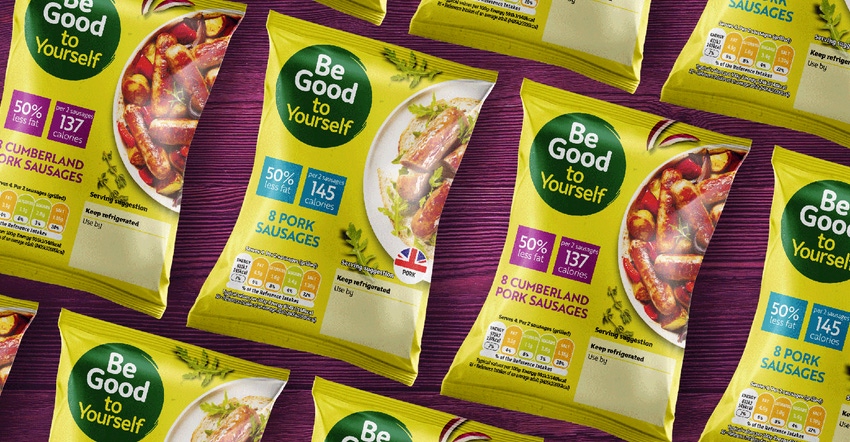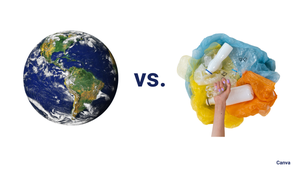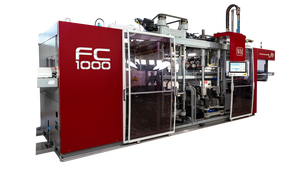Life cycle assessment of Eco Flexibles’ EcoFlow film versus standard materials finds CO2 footprint reduced an average of 35%.
November 7, 2022

Eco Flexibles, a sustainable flexible packaging company based in the UK, shared information from detailed lifecycle assessment (LCA) conducted by packaging sustainability specialist Ecoveritas.
The audit found that its monopolymer film solution, EcoFlow, has an environmental footprint 35% lower than standard mixed plastic and paper equivalents when used in typical flexible packaging applications.
The analysis measured key metrics through the full lifetime of packaging, including raw materials, packaging, material and substrate transportation, assembly, distribution, and disposal.
Using a customer’s sausage packaging for the project, Eco Flexibles redesigned the pack to utilize EcoFlow, which offers brands a more sustainable lightweight monopolymer alternative to traditional flexible packaging substrates. The result found EcoFlow to be significantly more eco-friendly in terms of the carbon footprint, than typical paper, PET, and polyethylene (PE) structures. Tracking the environmental footprint through a measurement of carbon dioxide equivalents (CO2e) per pack, the review found that at each stage of the product’s lifecycle, EcoFlow provided improvements ranging from 28% to 57%.
“We’re proud to work with the talented team at Ecoveritas and share more data surrounding our innovative packaging range,” says Simon Buswell, director at Eco Flexibles. “Ecoveritas is a business that mirrors our own in a lot of ways. It has a strong commitment to improving the long-term sustainable future of packaging, as well as a desire to make the often-complex arena of sustainable packaging simpler.”
The Ecoveritas assessment, which is valuable deep dive into sustainability that any brands or retailers can do for their packaging lines, highlights the key strengths of the packaging. The largest CO2e advantage was seen in raw material use, principally due to the pack’s lower overall weight compared with the previous film used and less losses in manufacturing.
“The message for brands is extremely clear,” adds Buswell. “Our unique perspective on packaging sustainability isn’t just lip service. We are committed to truly validating our solutions from a sustainability perspective and ensuring they bring real-time — and measurable — benefits for the supply chain.”
Kathy Illingworth, Ecoveritas’ head of sustainability consulting, adds that “Our project with Eco Flexibles is a great example of the value that a data and insight specialist can offer. We use a combination of source-specific data, in-depth industry knowledge for benchmarking standards and environmental factors sourced from ecoinvent LCI datasets. The result provides real comparative and measurable data to back up exactly what Eco Flexibles say when talking about the extensive benefits of their sustainable packaging solutions.”
You May Also Like


